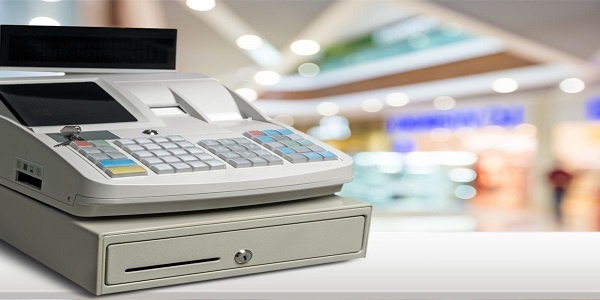
As we all are aware of Section 269ST which was introduced by finance act, 2017 in Income tax act, 1961 by the central government in order to curb the tax evasion, regulation and circulation of Black money. This article will cover the detailed analysis of the said section alongwith some practical examples.
As per Section 269ST, any person who enters into a transaction of Rs 2 Lakh or above in cash, will be liable to a penalty of an amount equivalent to the amount of transaction.
For example : If you buy an expensive watch for cash worth Rs 7 Lakh, it is the shopkeeper who will have to pay the tax (penalty) of Rs 7 Lakh. So, here the tax rate is 100%.
Though this new section on Cash Transaction limit sounds simple, we need to go through it in details, as I believe that this may have quite an impact on our daily financial lives.

With effective from 1st April, 2017, no person shall receive an amount of Rs 2 Lakh or more;
(A) in aggregate from a person in a day (or)
(B) in respect of a single transaction (or)
(C) in respect of transactions relating to one event or occasion from a person.
The new Cash transaction limit is not applicable, if a person receives the amount through an Account Payee Cheque (or) an Account Payee Bank Draft (or) through use of electronic clearing system through a bank account or through such other electronic mode as may be prescribed.
(i) any receipt by—
(b) any banking company, post office savings bank or co-operative bank;
(ii) transactions of the nature referred to in section 269SS;
(iii) such other persons or class of persons or receipts, which the Central Government may, by notification in the Official Gazette, specify.
Kindly note that Penalty u/s 271DA will be imposed on a person who receives a sum of Rs 2 Lakh and above in cash. The extent of penalty will be a sum equal to the amount of such receipt. The said penalty shall however not be levied if the person proves that there were good and sufficient reasons for such contravention. Further please note that this penalty shall be imposed by Joint Commissioner.

A. Single Person: Cash Receipt of Rs 2 lakh or more, from a single person in a dayis not allowed even if the amount has been paid through multiple transactions during the day which are below Rs 2 lakh.
For example : Mr Modi buys a gold chain worth Rs 2 Lakh and pays the amount by cash to Mr Rahul on a single day in 4 equal installments of Rs 50,000 each. As Mr Rahul accepted cash worth Rs 2 Lakh from a single person and in a single day, section 269ST is applicable in this case. Mr Rahul has to pay a penalty of Rs 2 Lakh.
B. Single Transaction: Cash receipts of Rs 2 Lakh or more which are related to a single transaction are prohibited.
For example : Mr Kejriwal goes through a medical surgery and the hospital charges him a bill of Rs 4 Lakh. Kejriwal clears the bill in 4 installments of Rs 1 Lakh each on four different dates. Here, the cash receipts got by hospital are less than Rs 2 Lakh and have been received on different dates.
Whether this transaction violates section 269ST? – Yes. Hospital has to pay the penalty. Because, they received the payments with respect to single bill / transaction. So, splitting of payments over several days is prohibited.
C. Single Event / Occasion: Cash transactions or cash receipts related to a single event or occasion, can not be more than Rs 2 Lakh.
For example : Nagachaitanya gets married to Samantha. On their wedding occasion, their relatives gifted Cash amount worth Rs 10 Lakh on different dates. Even if we assume that each person has gifted cash worth less than Rs 2 Lakh, are these receipts come under the purview of Section 269ST? Is penalty applicable?
Yes, penalty can be levied. Here, marriage is a ‘single occasion’ and cash gifts worth Rs 2 Lakh or more can not be received from relatives and other persons.
(Republished with Amendment)